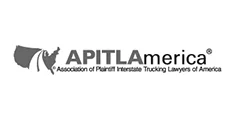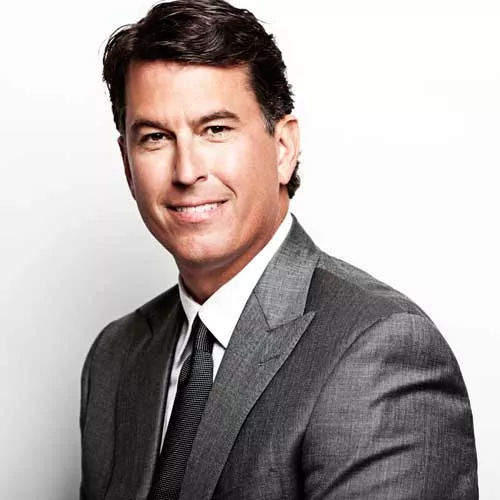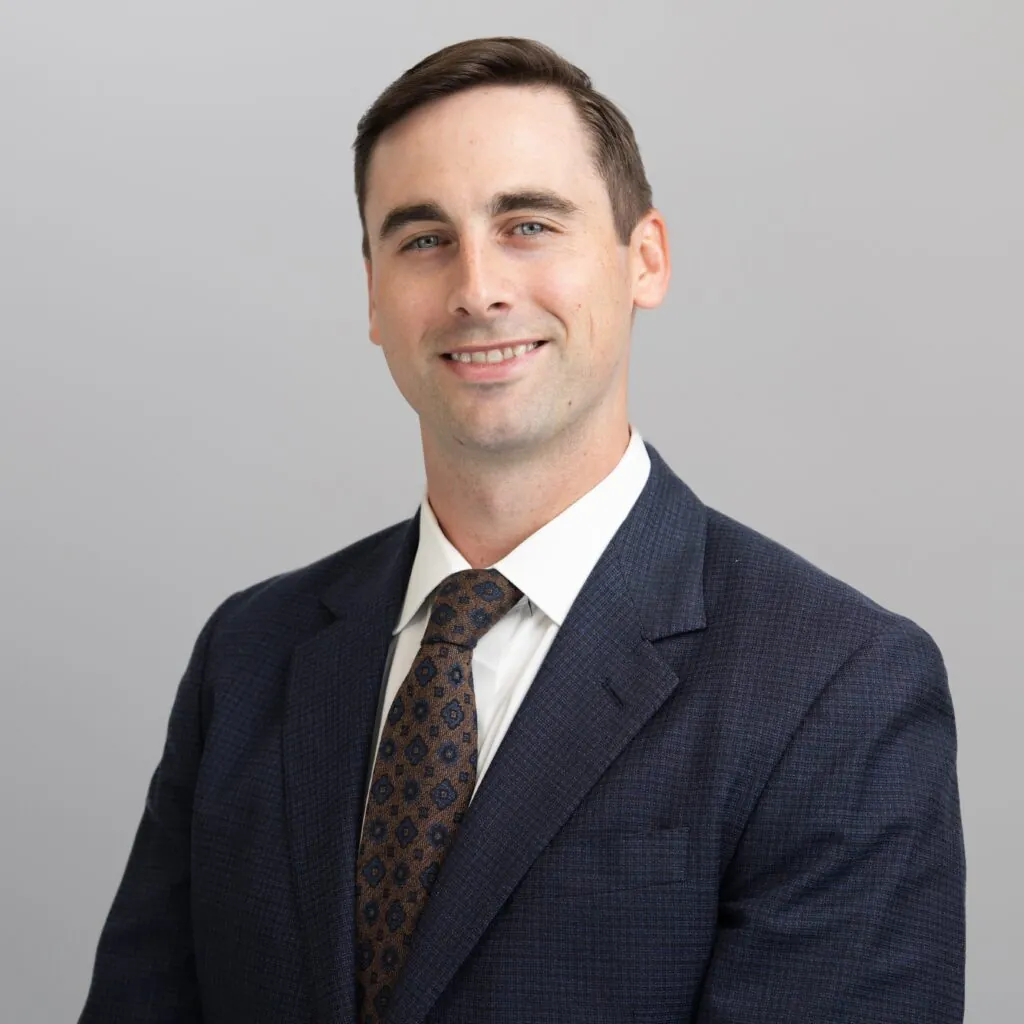Louisiana CPAP Mass Tort Lawyers
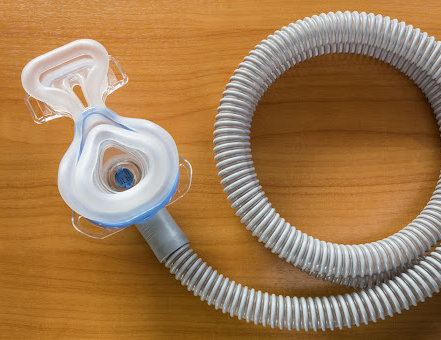
Patients suffering from sleep apnea and related medical disorders rely on machines such as CPAPs, BiPAPs, and mechanical ventilators to help them sleep and stay healthy. However, the largest manufacturer of CPAPs and BiPAPs, Philips, recalled several of their sleep apnea devices due to findings that use of their defective machines could lead to an increased risk of respiratory illness or even cancer, which is where an experienced mass tort lawyer comes in.
Philips is the largest manufacturer of Continuous Positive Airway Pressure (CPAP) machines on the market, making an estimated 65% of the mechanical ventilators in use today. If you or a loved one has used a Philips sleep apnea device and has been diagnosed with a respiratory illness, you could be entitled to financial compensation for any of your personal injuries.
Philips Recalled Multiple Breathing Devices
Philips recalled many of their sleep apnea devices on June 14, 2021, including
- DreamStation ASV, ST & AVAPS
- DreamStation CPAP, Auto CPAP, BiPAP
- DreamStation GO CPAP, APAP
- Dorma 400, 500 CPAP
- REMStar SE Auto CPAP
- C Series ASV, S/T, AVAPS
- OmniLab Advanced Plus In-Lab Titration Device
- SystemOne ASV4 & Q Series
- Trilogy 100 & 200 Ventilators
- Garbin Plus, Aeris, LifeVent Ventilator
- A-Series BiPAP V30 Auto Ventilator
- E30
The recall is limited to the following devices, and affects roughly four million devices:
- Manufacturing dates: 11 April 2007 – 22 April 2021
- Distribution dates: 21 July 2009 – 22 April 2021
- Product Codes: BZD and MNS
These machines were recalled because the polyurethane foam they contain has been linked to respiratory illness, including pulmonary fibrosis, interstitial lung disease, lung scarring, severe asthma, and cancer. The foam, which is used to make the machines quieter, deteriorates over time, fragmenting into small pieces that can be inhaled or ingested. Then, the tiny particles release dangerous chemicals into the user’s airway, causing disease.
How Serious Is This CPAP Recall?
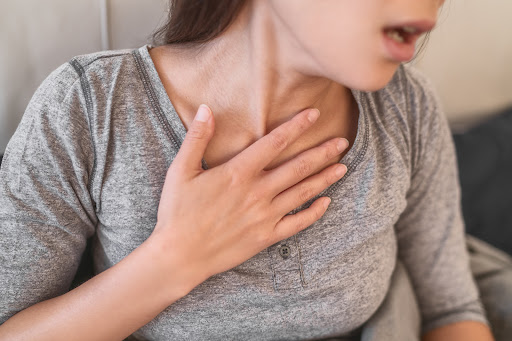
The United States Food and Drug Administration (FDA) has classed this recall as a Class 1 Recall, which means that using the recalled devices may cause serious injuries or death. If your CPAP machine is older, or if you store your CPAP in a hot or humid area, the polyester-based polyurethane (PE-PUR) foam is more likely to disintegrate and enter your bloodstream while you use your machine.
If you have any of the Philips ventilators listed above, it’s recommended you stop using the machine immediately and get examined by a doctor. If you’re diagnosed with any of the following conditions, consider calling a personal injury lawyer to discuss your legal options:
- Acute kidney or liver injury
- Chronic asthma
- Chronic bronchitis
- Cancer, including esophageal cancer, laryngeal cancer, lung cancer, nasal cancer, sinus cancer, and throat cancer
- Interstitial lung disease (ILD)
- Leukemia
- Multiple myeloma
- Myeloid leukemia
- Papillary carcinoma
- Pulmonary fibrosis
- Sarcoidosis
- Lung tissue scarring
Did Philips Know That Its Products Were Dangerous?
The lawsuits that have been brought against Philips are in early stages, but their main arguments are that Philips knew about the potential harm of their machines for years, and only issued a recall once they had a new line of products ready for market. In addition, they allege that Philips withheld information about the dangers of the foam in their machines in order to protect their profits.
CPAP victims are currently suing Philips in product liability cases resulting from negligence. They allege that Philips’ products had a defective design or a manufacturing defect that they failed to warn the consumer about. This amounts to consumer fraud and possibly fraudulent concealment, depending on what the plaintiffs are able to prove.
What Is Sleep Apnea?
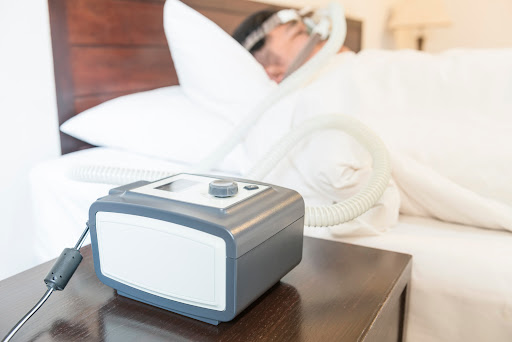
CPAP and BiPAP machines are commonly used to treat sleep apnea, which is a medical condition where the patient’s breathing is interrupted during sleep. A patient’s breathing can become shallow or stop altogether for temporary periods throughout the night, leading to fatigue or more serious conditions such as high blood pressure, stroke, or heart attack.
Most patients with sleep apnea experience obstructive sleep apnea, in which the throat muscles relax and prevent air from getting into the lungs. Other types of sleep apnea include central sleep apnea, in which the brain fails to transmit signals to the muscles responsible for breathing, and complex sleep apnea syndrome, a combination of the other two types.
The treatments for sleep apnea vary depending on the patient’s type of sleep apnea and other considerations:
- Continuous positive airway pressure (CPAP) therapy delivers a steady flow of oxygen through a mask, elevating air pressure in the patient’s windpipe. This keeps the airway open while the patient sleeps.
- Bi-level positive airway pressure (BiPAP) therapy varies the air pressure supplied to the patient to help them breathe if they suffer from weak muscles, collapsed airways, or decreased lung air exchange. BiPAP machines increase the air pressure while the patient inhales, and decrease pressure during exhalation.
- Other therapies include surgery, positional therapy, and oral appliances. Some patients can also treat their symptoms with lifestyle changes such as losing weight, quitting smoking, and abstaining from alcohol.
Should I stop using my CPAP machine because of the recall?
Even if your CPAP machine is listed in the recall above, the FDA advises that you don’t need to stop using your CPAP immediately. However, you should talk to your doctor as soon as you can about your medical options moving forward.
If you quit using your CPAP, your sleep apnea symptoms will return. You’ll have trouble breathing while sleeping, interrupting your rest and causing a host of other issues. If your doctor has prescribed you a CPAP, you should wear it every time you sleep.
Will Medicare pay to replace my recalled CPAP machine?
If you’re on Medicare and use an affected CPAP, you might be curious how you’ll be able to afford a new CPAP to continue treating your sleep apnea. Luckily, if the equipment is more than 5 years old, Medicare will help pay for a replacement. You will need to register your CPAP with Philips so they know you need a replacement, and they’ll give you information on your next steps.
What Should I Do If I Used a CPAP and Have Been Diagnosed with Lung Disease?
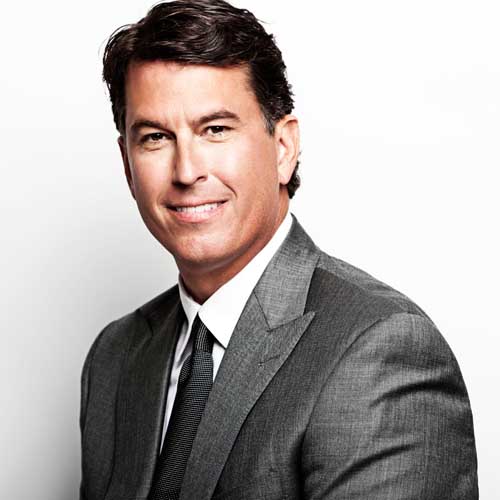
If you’ve used a CPAP machine to treat your sleep apnea, and have experienced symptoms including headaches, dizziness, irritation, allergic reaction, nausea, or others, you should immediately go to a doctor to determine if you’re sick. You should also contact a knowledgeable CPAP injury lawyer to discuss your legal options, and to keep up-to-date with this ongoing legal action.
Gordon McKernan Injury Attorneys are experienced Louisiana personal injury lawyers who specialize in mass tort actions. We’re keeping abreast of this emerging and complex mass tort litigation, so you can trust that we’ll help you find the maximum compensation for your injuries. Give our team of lawyers a call at 888.501.7888 for a free legal consultation.
Call Our CPAP Mass Tort Class Action Lawyers
888.716.2572
INJURED?
GET HELP NOW!
Louisiana CPAP Mass Tort Lawyers
Settlements & Verdicts

$150,000
Rear End Wreck With Back Injuries
Client was involved in a rear end wreck resulting in back injuries and settlement of $150,000.

$1,000,000
Rear End Accident with Dump Truck
Our client was rear ended by a dump truck resulting in cervical fusion.

$250,000
Gonzales Motor Vehicle Accident
Client was involved in a serious motor vehicle accident in Gonzales, LA resulting in serious injuries and a settlement of $250,000.

$26,000,000
Class action settlement for chemical exposure
Class action settlement for chemical exposure case.

$1,600,000
Inadequate safety equipment at plant site causes serious injuries
Due to inadequate safety equipment at a plant site, our client suffered serious injuries.

$9,700
Neck & Back Injuries Result After Auto Accident
An auto accident in Baton Rouge results in neck and back injuries for our client.

$7,500
Car crash in Lafayette, Louisiana results in neck and back injuries
Car crash in Lafayette, Louisiana results in neck and back injuries.

$250,000
63 Year Old Pipe Welder Working on Barge in Gulf
Settlement for pipe welder suffering rib and back injuries after being transferred from a tug boat to barge when basket became entrapped on barge equipment.

$1,500,000
Commercial tank explosion causes severe burns
A Texas Eastern pipeline ruptured and caused a gas explosion out of St. Francisville, which resulted in burns to our client and property damage.
Our Accreditations


